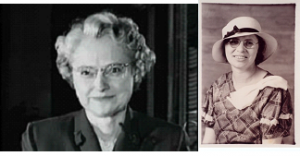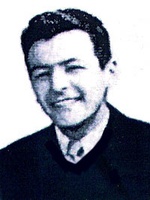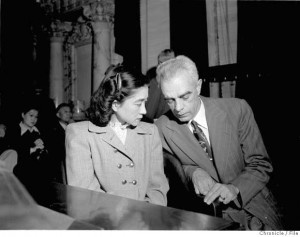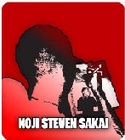After Japan attacked Pearl Harbor, there was only one national organization that was willing to stand up for the rights of Japanese Americans (JAs). They were the Quakers. Not only did they speak out against the unconstitutional incarceration of JAs they helped many of the Nisei (second generation) kids go to college.
Even though the Quakers were the only national group, there were some brave individuals who spoke out for the rights of Japanese Americans. These individuals were willing to put their professional and personal reputations and sometimes their safety on the line for their fellow Americans, even when the majority did nothing. Here is my list (in no particular order) of some of the more famous non-JA Civil Rights heroes.
Clara Breed and Frida Mix
Who says librarians or teachers can’t be heroes? Clara Breed, a librarian from San Diego, corresponded with JA children and encouraged them to continue to read by bringing them books and hope. Frida Mix was so outraged about what was going on, she quit her job and became a volunteer teacher in Gila River, Arizona. She remained in the camp until it closed.
Lazo was only a teenager in Los Angeles when Pearl Harbor was attacked. Despite his age, he knew what was happening to the Japanese Americans was wrong. He believed that his Nisei friends were as American as he was. So when his friends were sent off to “camp,” he went too. He was willing to put his freedom on the line for what he believed in.
Besig was the founder and executive director the American Civil Liberties Union of Northern California. He believed what was happening to Japanese Americans to be unconstitutional and persuaded Fred Korematsu to challenge the constitutionality of the “internment,” something that not everyone at the ACLU agreed with. The case eventually made its way to the Supreme Court where he lost. However, in a time of war hysteria and racism, Besig forced people to questioned the legality of what the government was doing.
Collins was a civil rights attorney who also worked on the Korematsu case. But when I think of Collins I think of his “two mass class habeas corpus proceedings with the U.S. District Court of San Francisco in 1945, which aimed to establish American nationality, end internment, and cancel renunciation of Japanese Americans.” Because of Collins, my father and his family (and thousands of other families like mine) were able to remain in the United States.
* This article was originally published on 8Asians.com on January 26, 2012.
© 2012 Koji Steven Sakai









